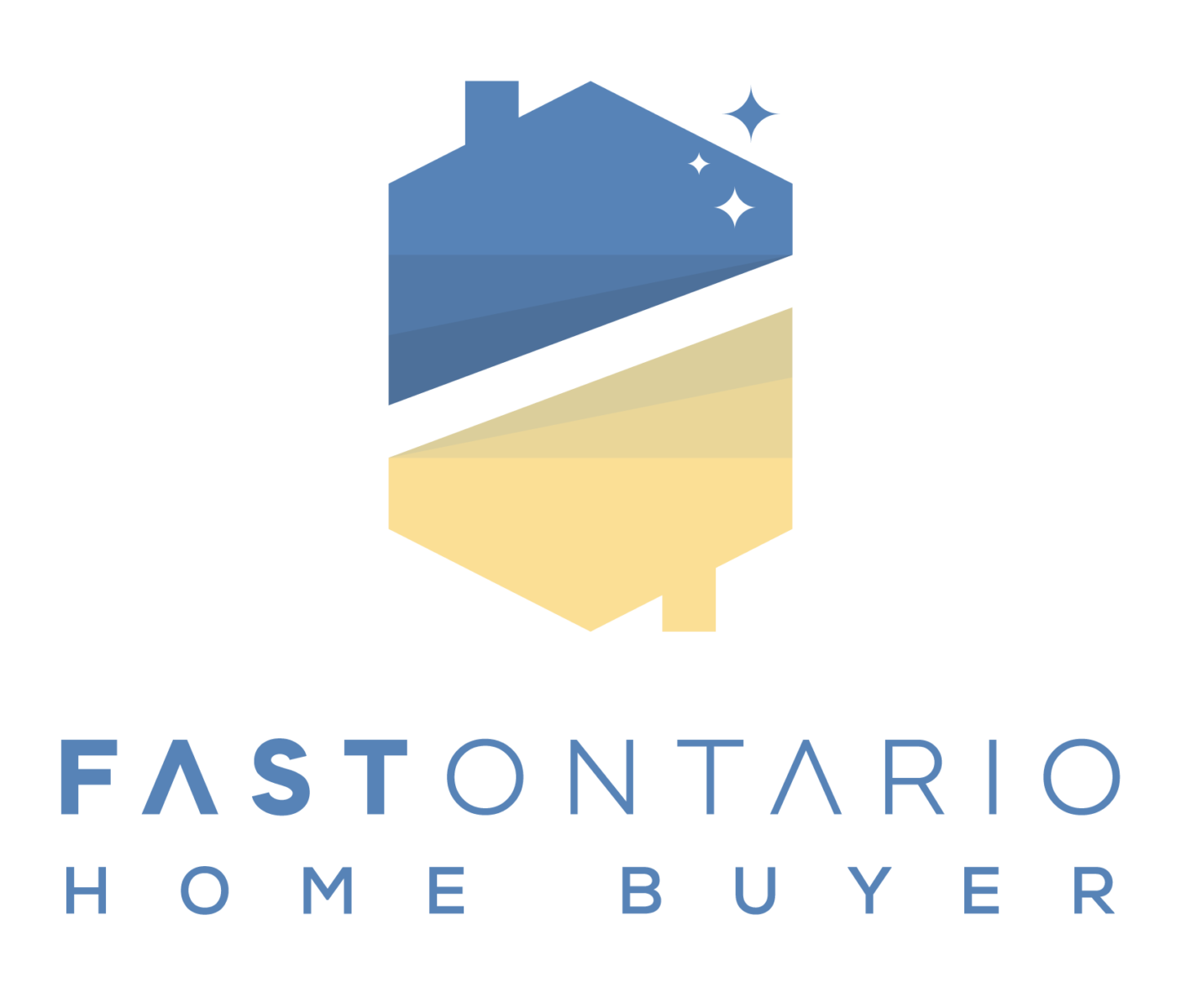
Selling your home is a complex process that can have significant legal and financial consequences. As a homeowner in Toronto, it is crucial to be aware of the legal and financial implications of selling your home before making any decisions. This article discusses some of the key things you should consider when selling your home.
Legal Implications of Selling Your Home
The sale of a home involves several legal procedures that must be followed to ensure the transaction is legally binding. The sales contract is one of the most important legal documents that must be in place when selling a home. This document outlines the terms and conditions of the sale, including the price, closing date, and any contingencies.
It is important to note that selling a home can attract taxes, such as capital gains tax. If you sell your primary residence, you may qualify for an exclusion of up to $250,000 of the capital gain if you file your taxes jointly with your spouse. However, if you sell a rental property, you will be required to pay capital gains tax on the profit.
Disclosure is another legal implication of selling your home. You are legally required to disclose any known defects or issues with the property to potential buyers. Failure to do so could result in legal action against you.
Financial Implications of Selling Your Home
Selling a home can have significant financial implications. One of the most significant costs associated with selling a home is the real estate agent commission. Typically, real estate agents charge a commission of 5% to 6% of the sale price. This commission is split between the seller’s and buyer’s agents.
Closing costs are another cost to consider, which can range from 2% to 5% of the sale price. These costs include attorney fees, title insurance, and transfer taxes. You may also need to make repairs or improvements to your home to make it more marketable, which can add to the costs.
If you have a mortgage on your home, you will need to pay off the remaining balance when you sell your home. If you owe more on your mortgage than the sale price, you will need to come up with the difference.
What’s Included On An Agreement of Purchase & Sale?
An Agreement of Purchase and Sale is a written contract between a seller and a buyer for the purchase and sale of a particular property. The Agreement outlines the conditions that must be met for the sale to go through. The buyer makes an offer, which is irrevocable for a specific time-period. If there are no counter-offers, the Agreement becomes a legally binding agreement if the offer is accepted by the seller, within the time-period set by the buyer.
All agreements for the purchase and sale of land must be in writing to be legally enforceable. Most local real estate boards and the Ontario Real Estate Association have established standard form Agreements of Purchase and Sale. These forms contain standard terms and conditions, but the Agreement can be modified if both the buyer and the seller agree and initial any additions or deletions.
The Agreement of Purchase & Sale includes crucial sections such as offer & closing dates, legal names of the buyer(s) & seller(s), property address, frontage, and legal description, offer price & deposit amount, irrevocable date for when the offer is good until, chattels & fixtures included and not included in the sale, rental items included in the sale, HST, and if it is included-in or in-addition to the purchase price, a title search date, and conditions related to the sale.
Closing the Transaction
The Lawyer for closing is responsible for making arrangements for all necessary closing paperwork, fixing the closing schedule, explaining all essential closing documents and ensuring the documents are all executed correctly. After the buyer and the seller have completed all the closing documentation, the lawyer will record the title deed, which is how the seller conveys the house’s title to the buyer for the determined price.
After that, the lawyer will exchange legal documents and keys with the seller’s lawyer. At this point, your transaction will be complete. Your Lawyer will complete the necessary reports for your transaction, and, following this, the lawyer’s role in the transaction will come to an end.
You Have Options!
When it comes to selling your house to a cash-buying company, the BBB can be a useful resource to determine the credibility of the company. A company that has a good rating with the BBB is likely to be more trustworthy than one that does not. Fast Ontario Home Buyer has an A+ rating! You can get peace of mind that you are dealing with a trustworthy and ethical business that is committed to providing a fair and transparent selling process. Some investors may try to take advantage of homeowners who are in distress, so it’s important to work with a reputable and trustworthy investor.
Selling your home is a significant decision that can have legal and financial implications. It’s essential to understand these implications before putting your home on the market. By understanding the legal and financial implications of selling your home, you can make an informed decision and ensure a smooth transaction.

